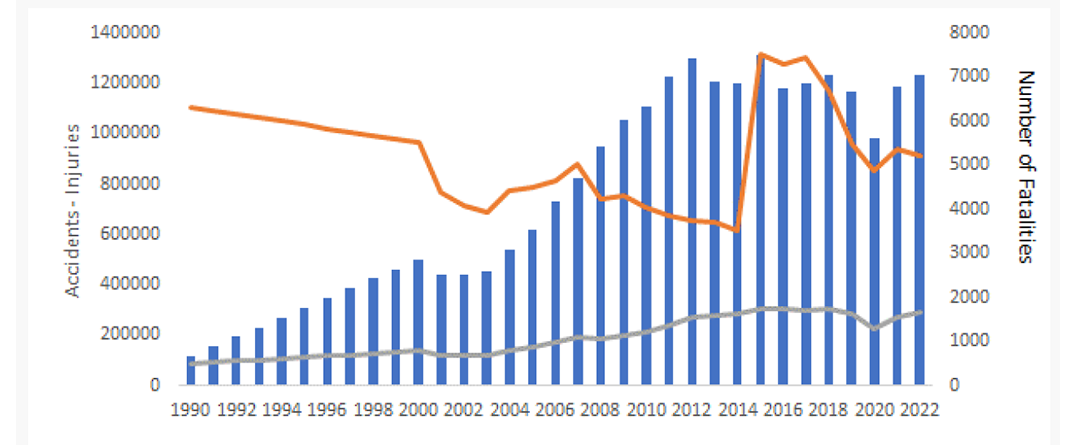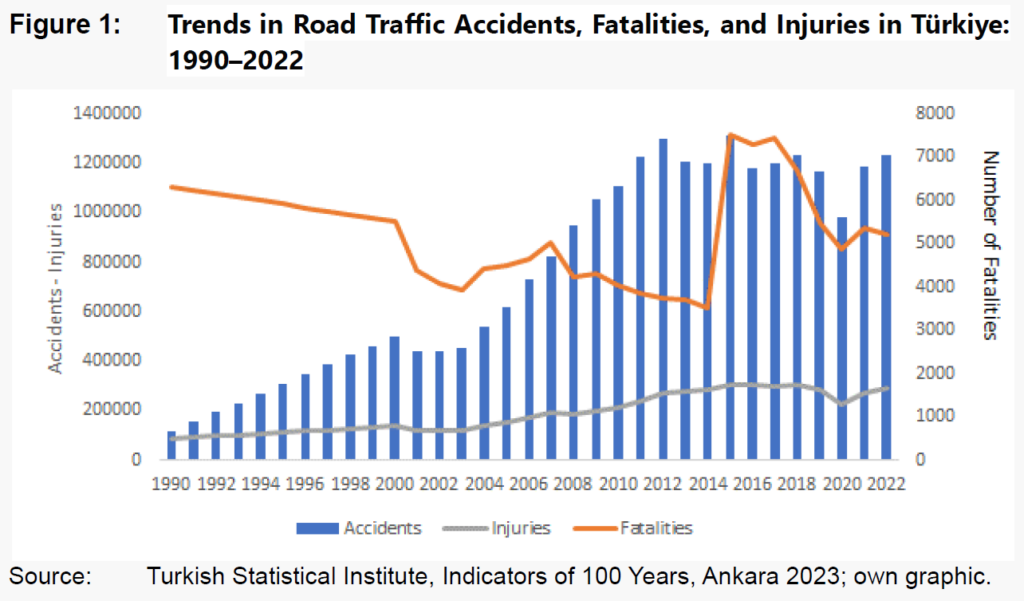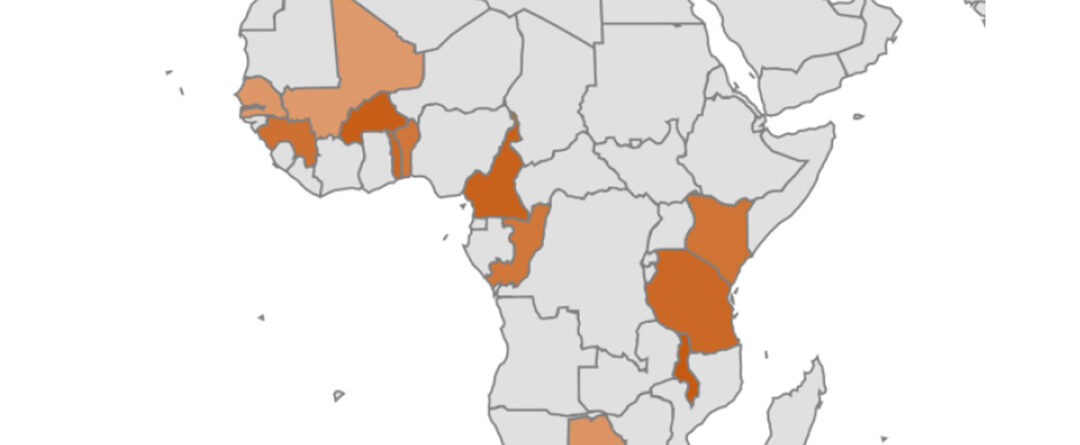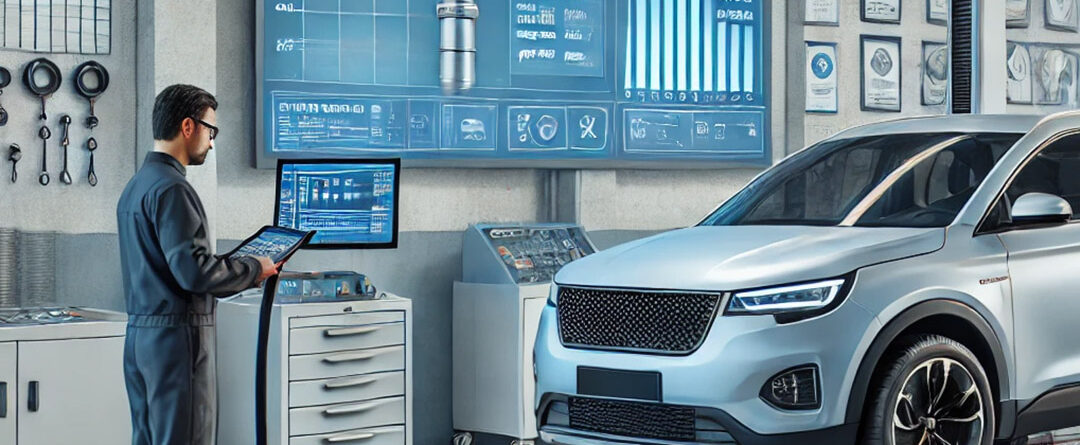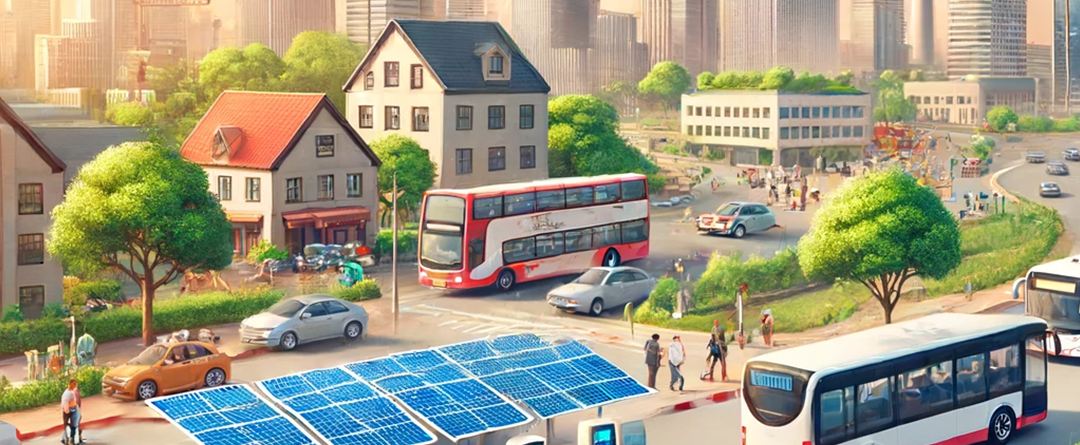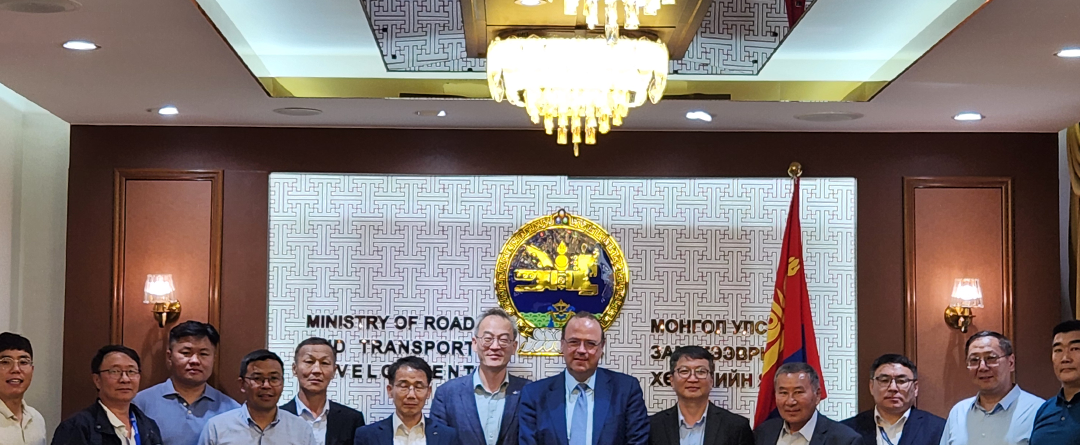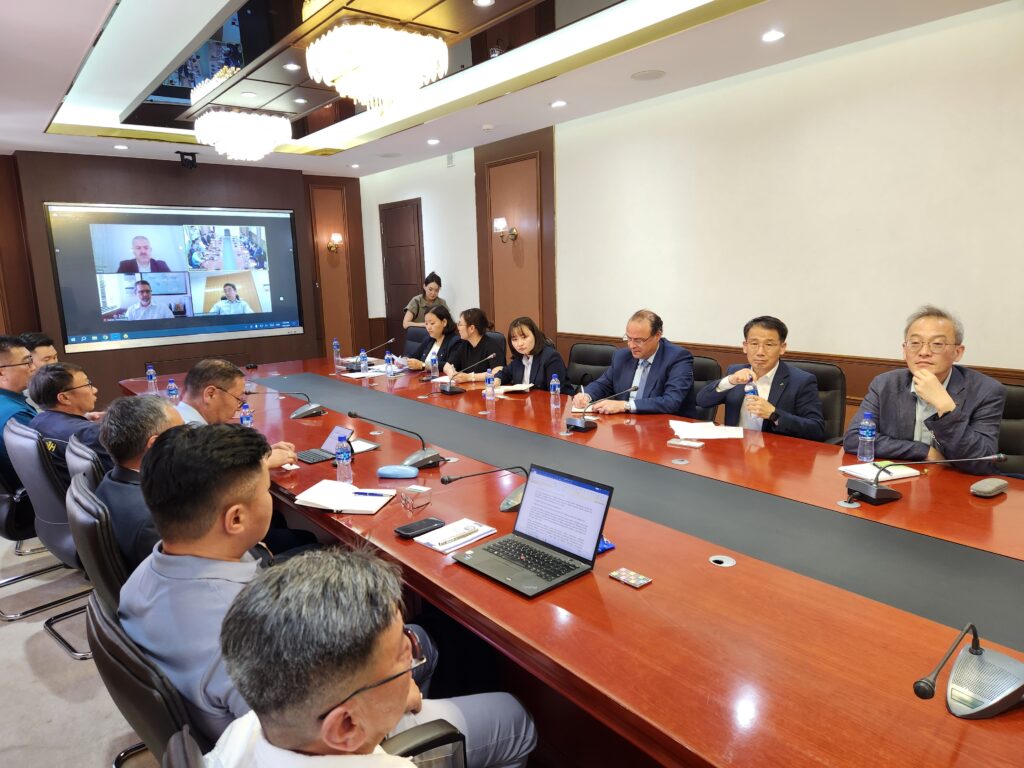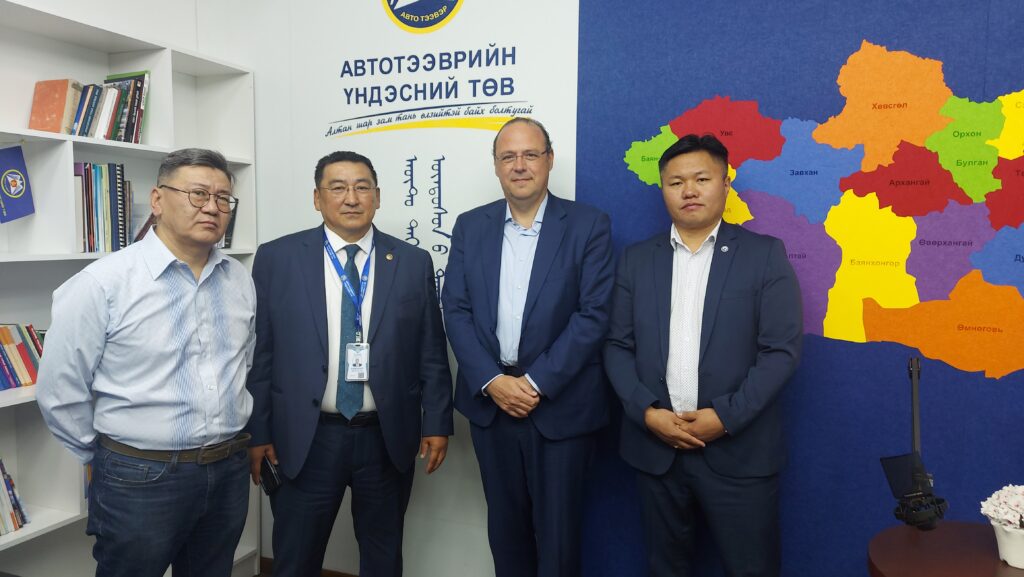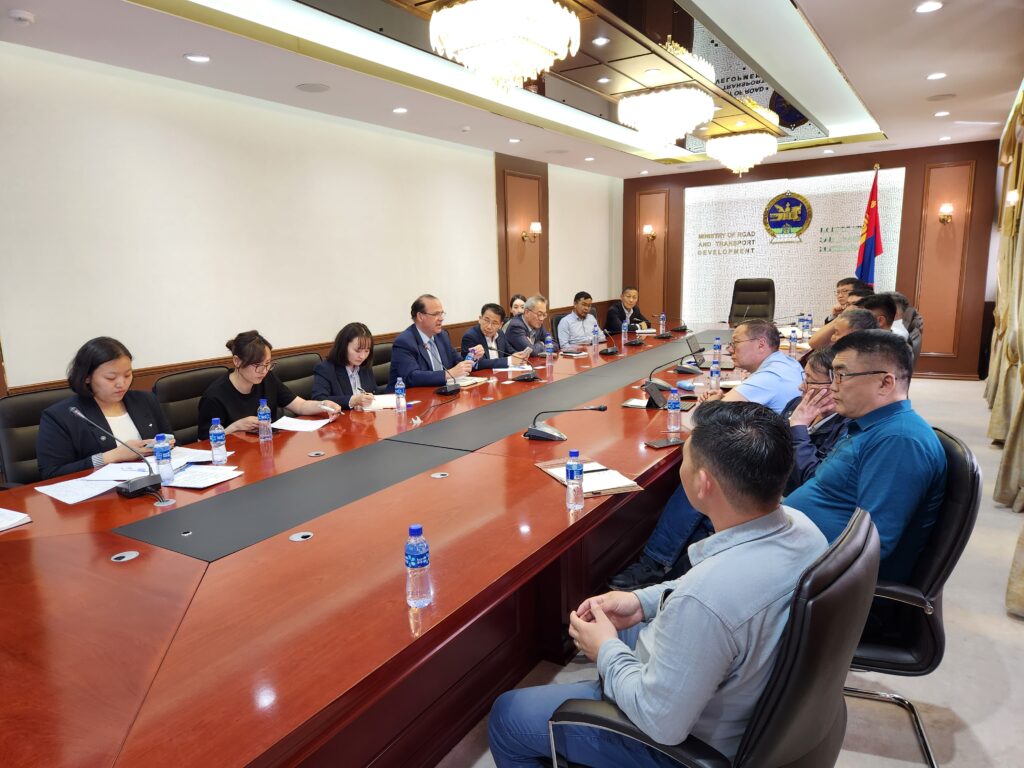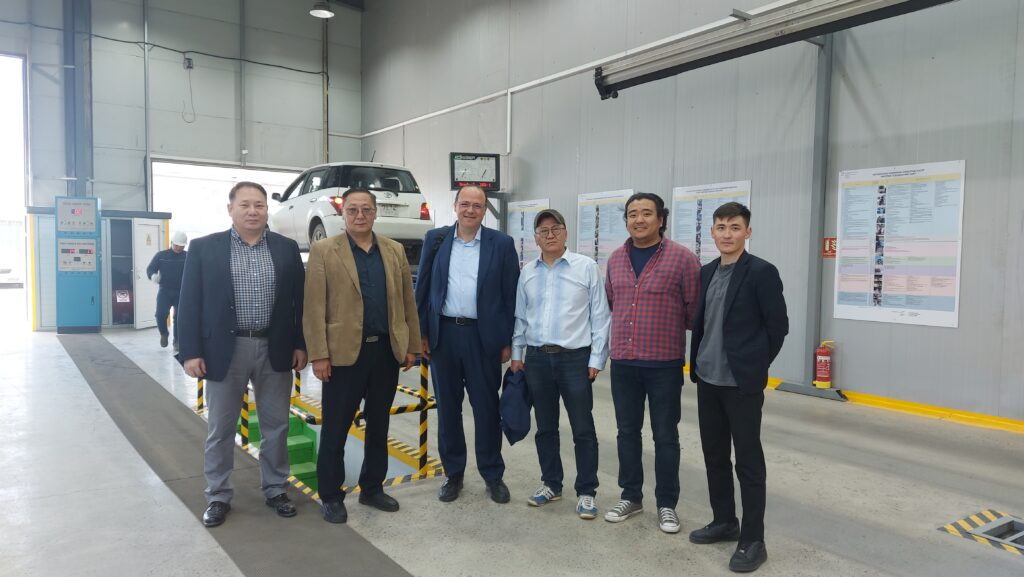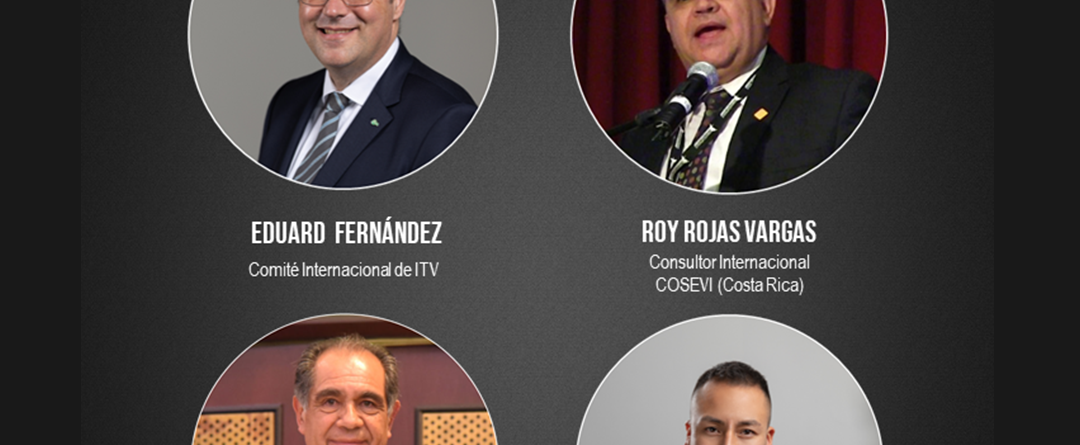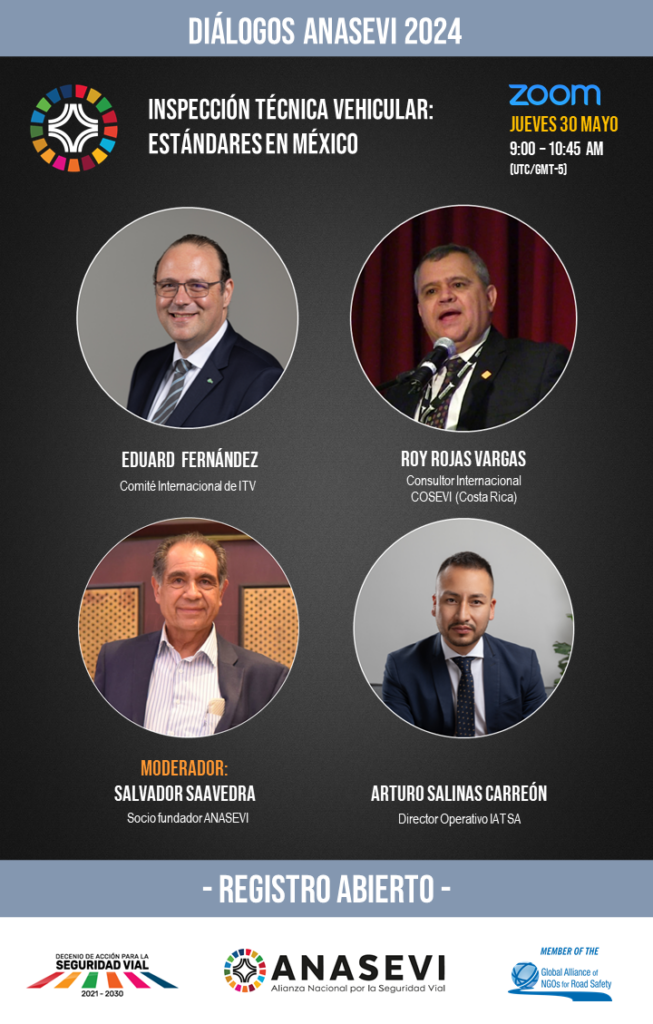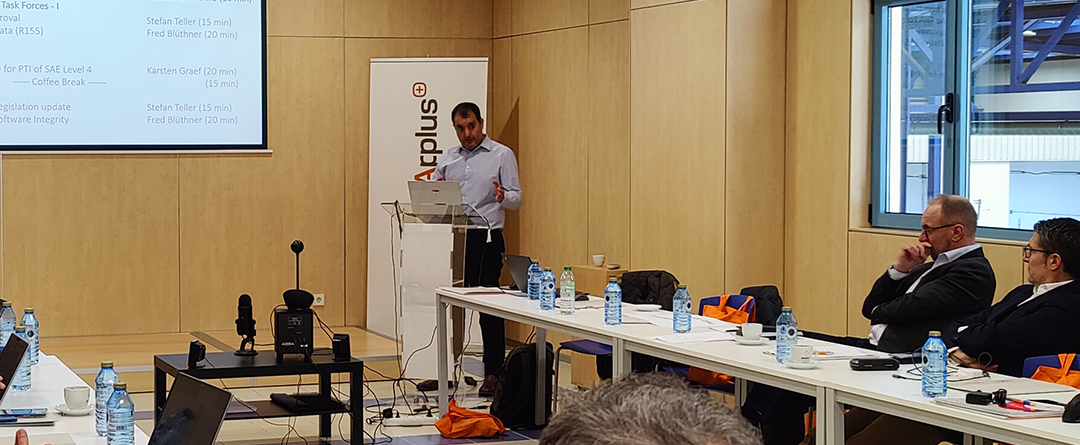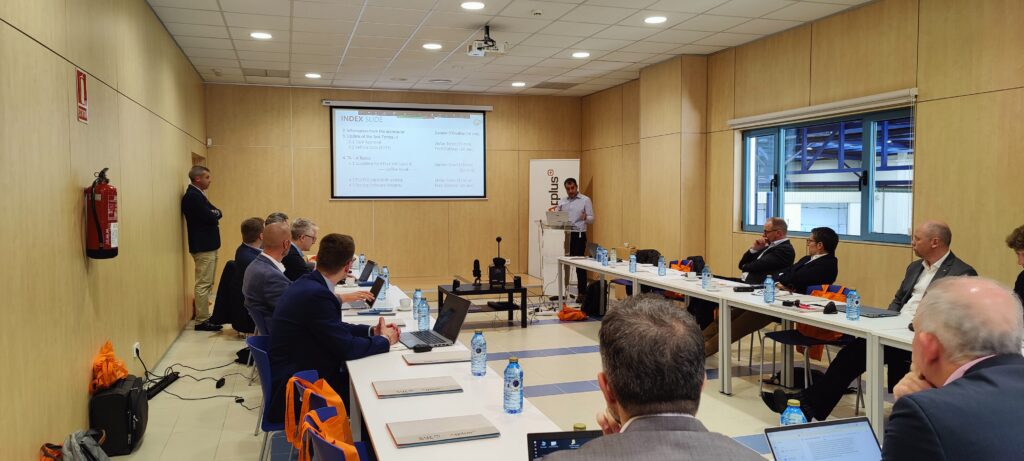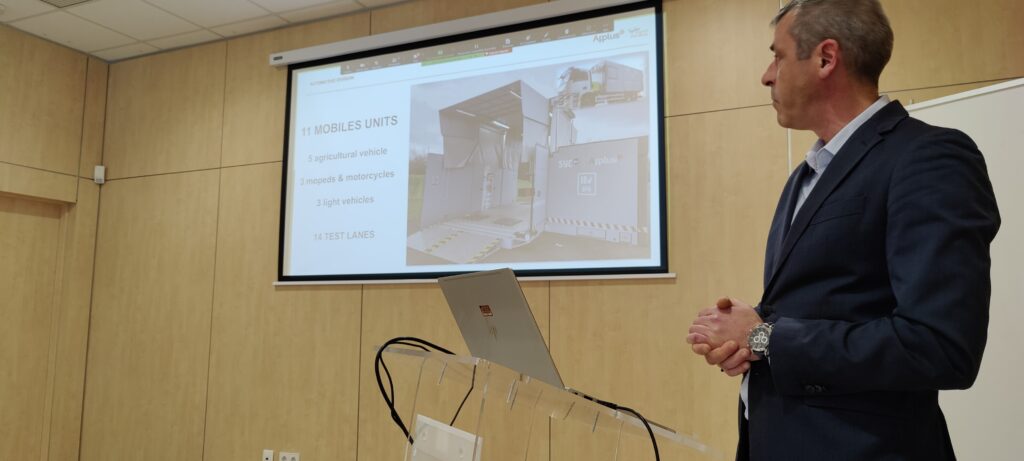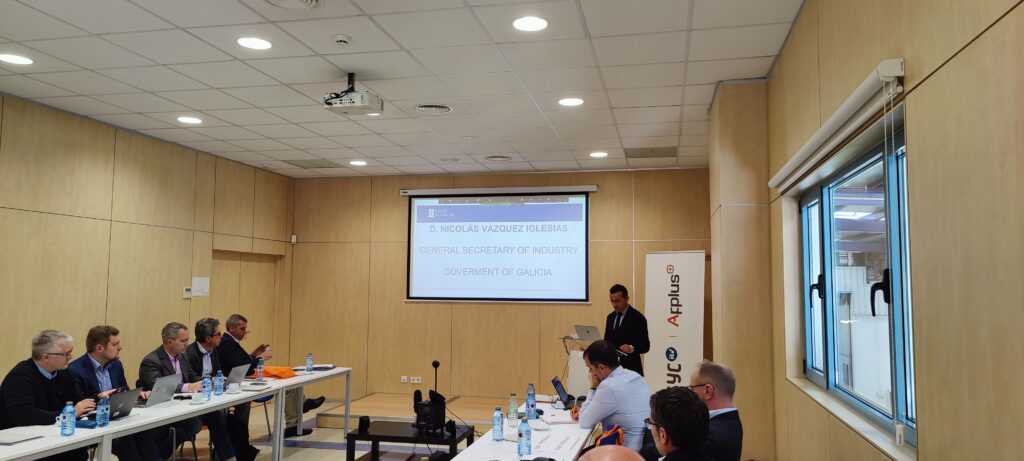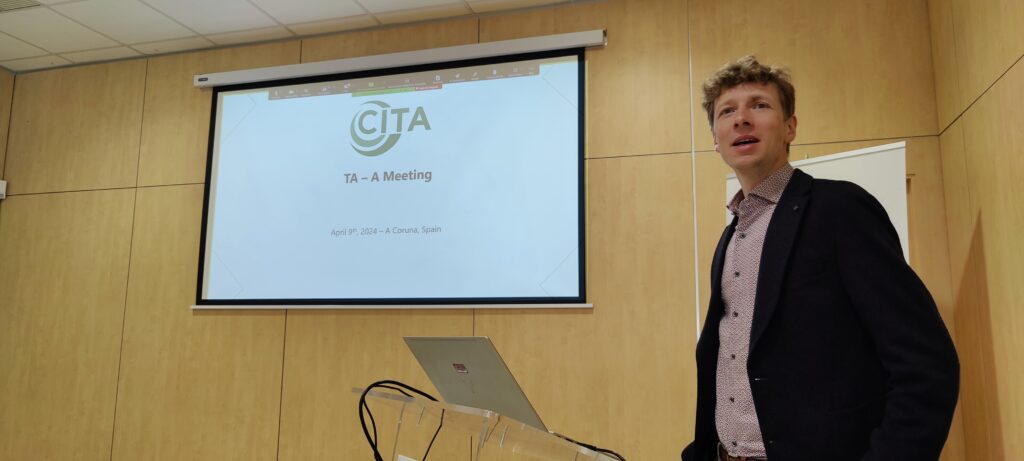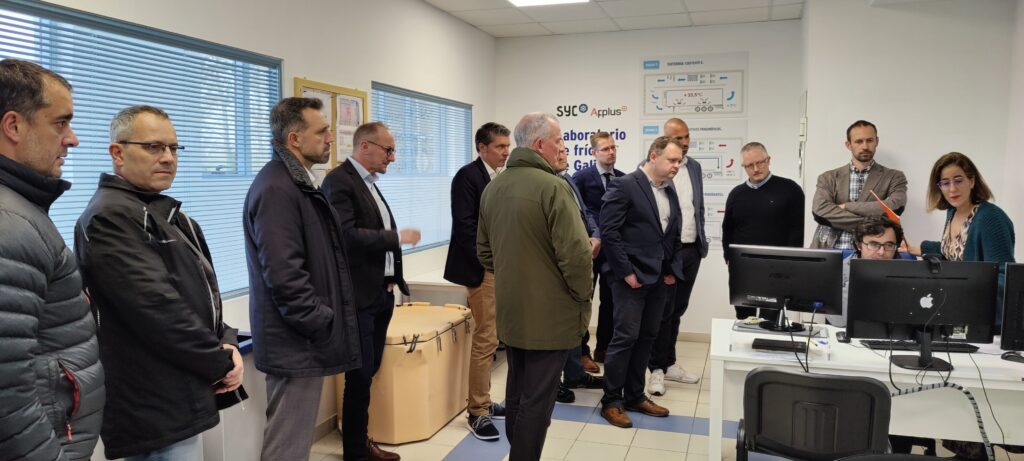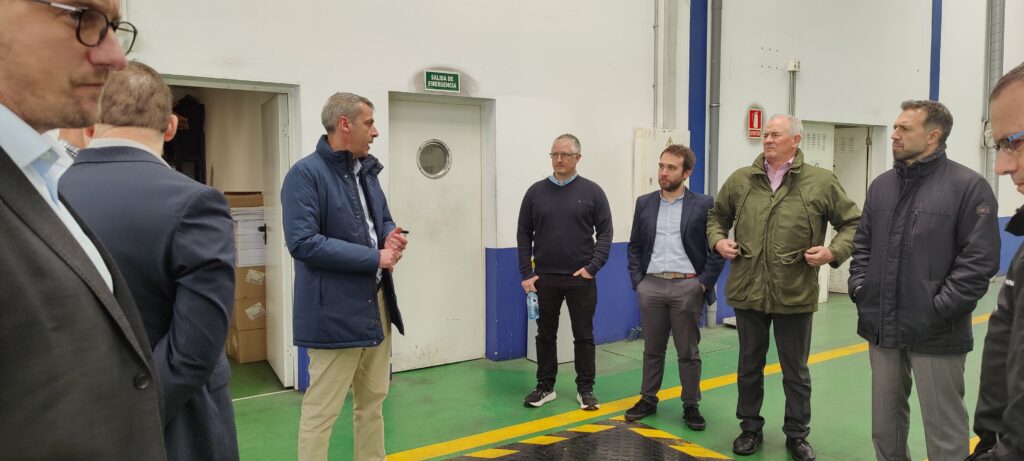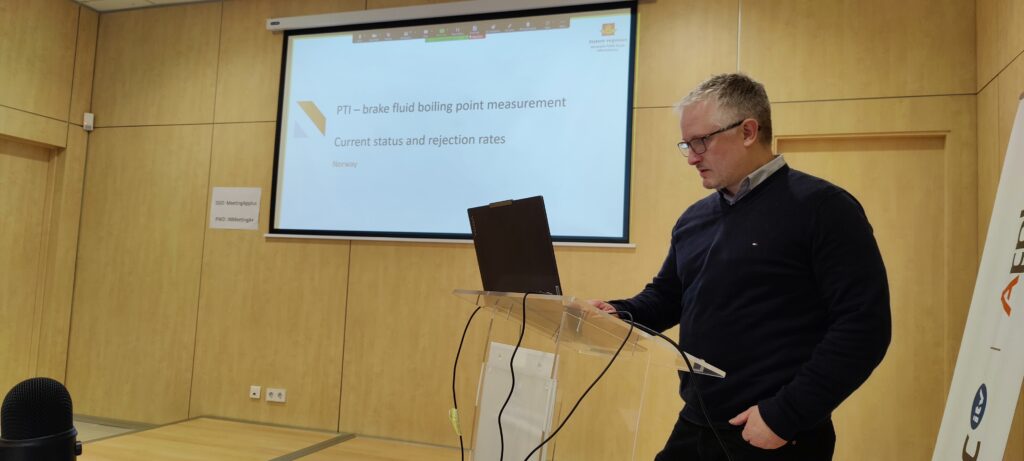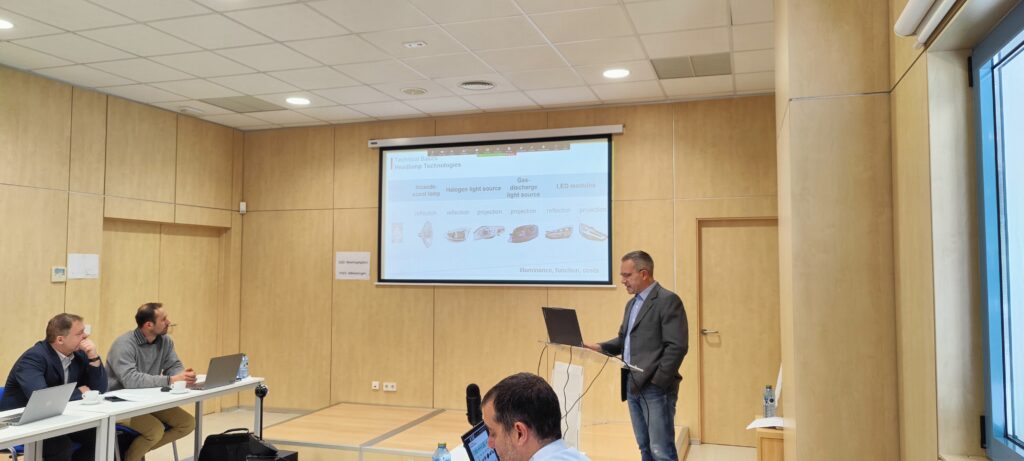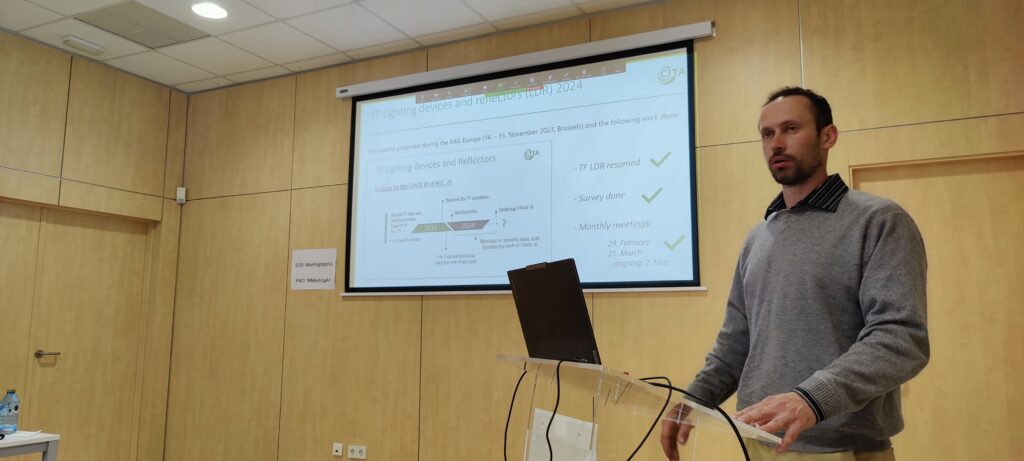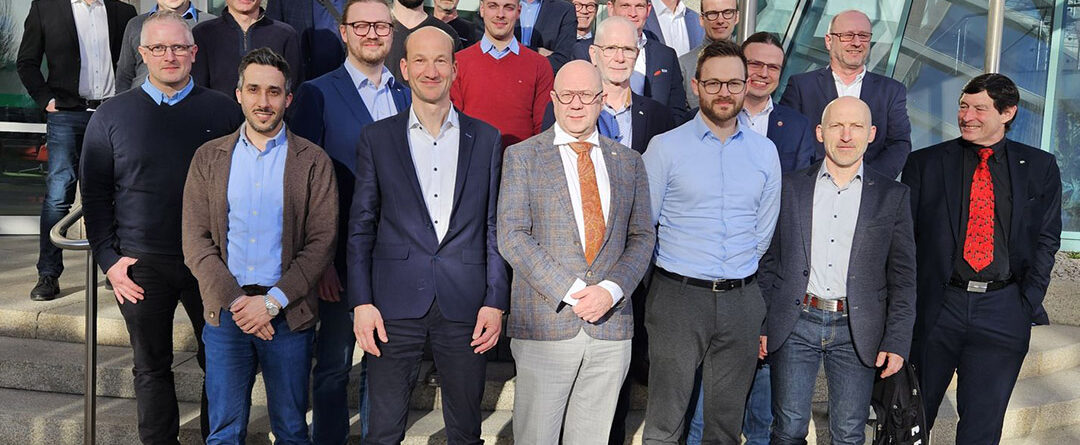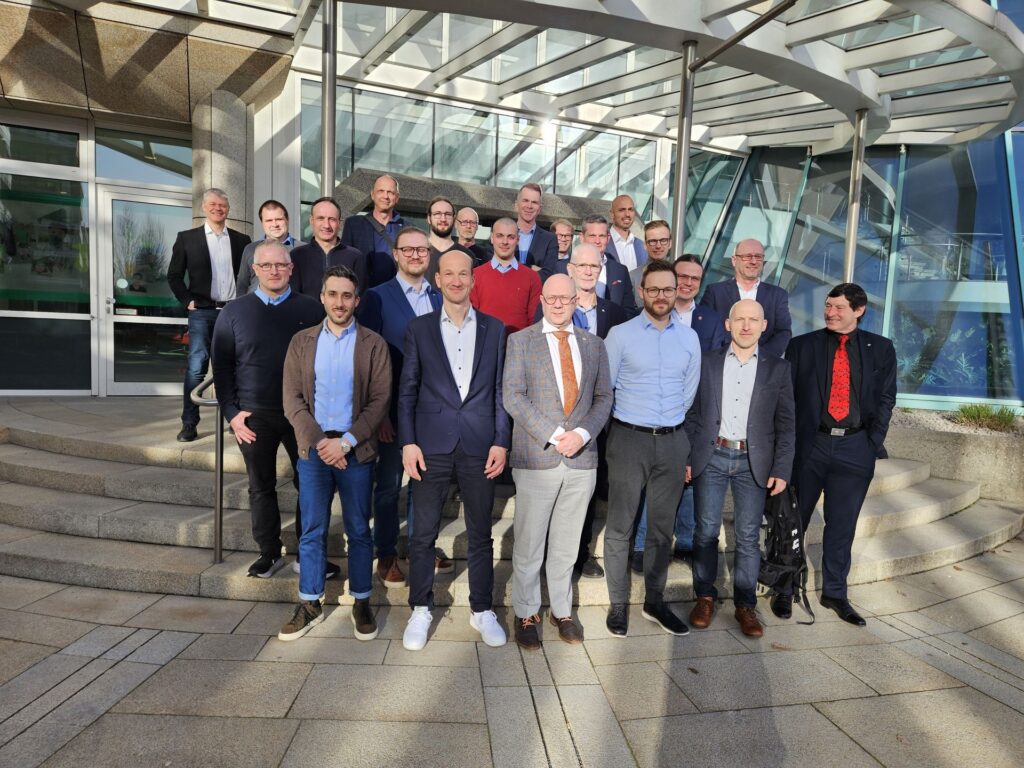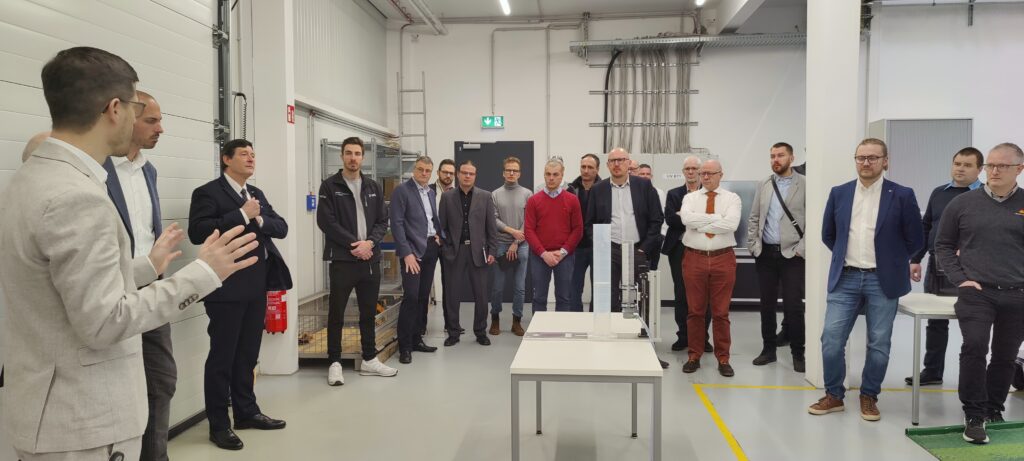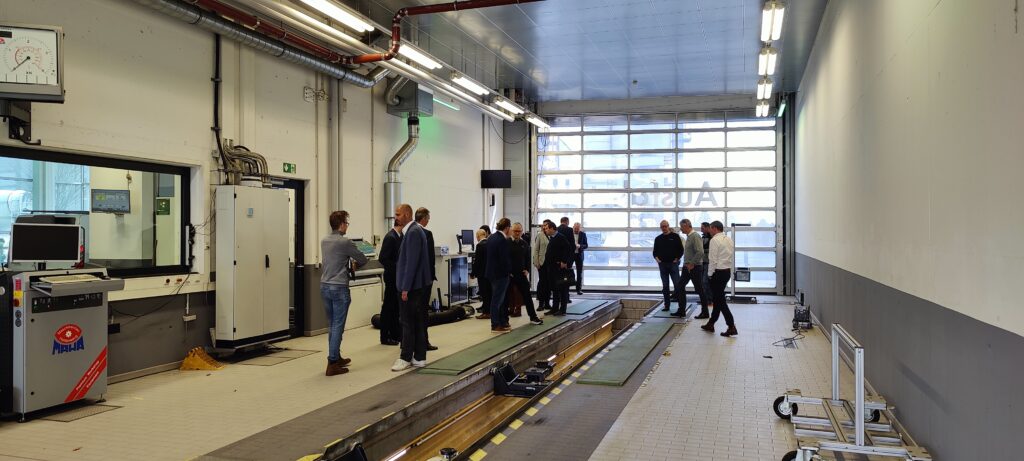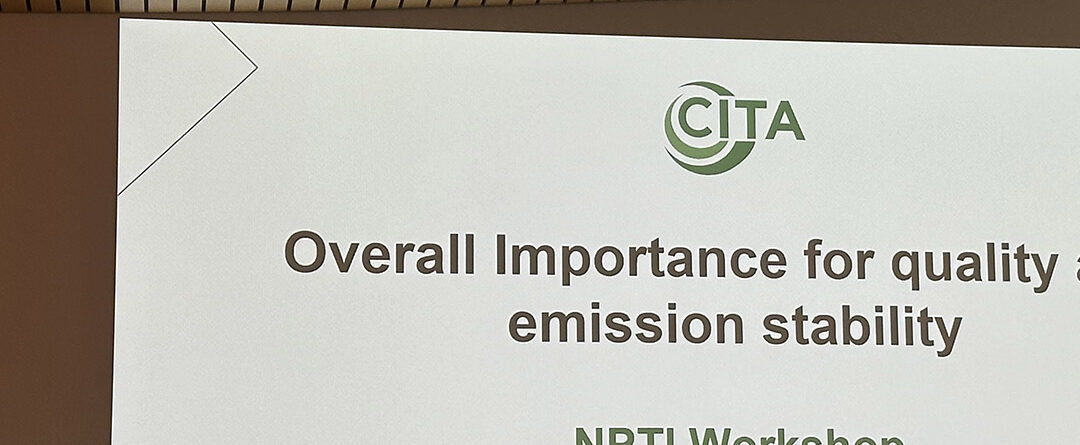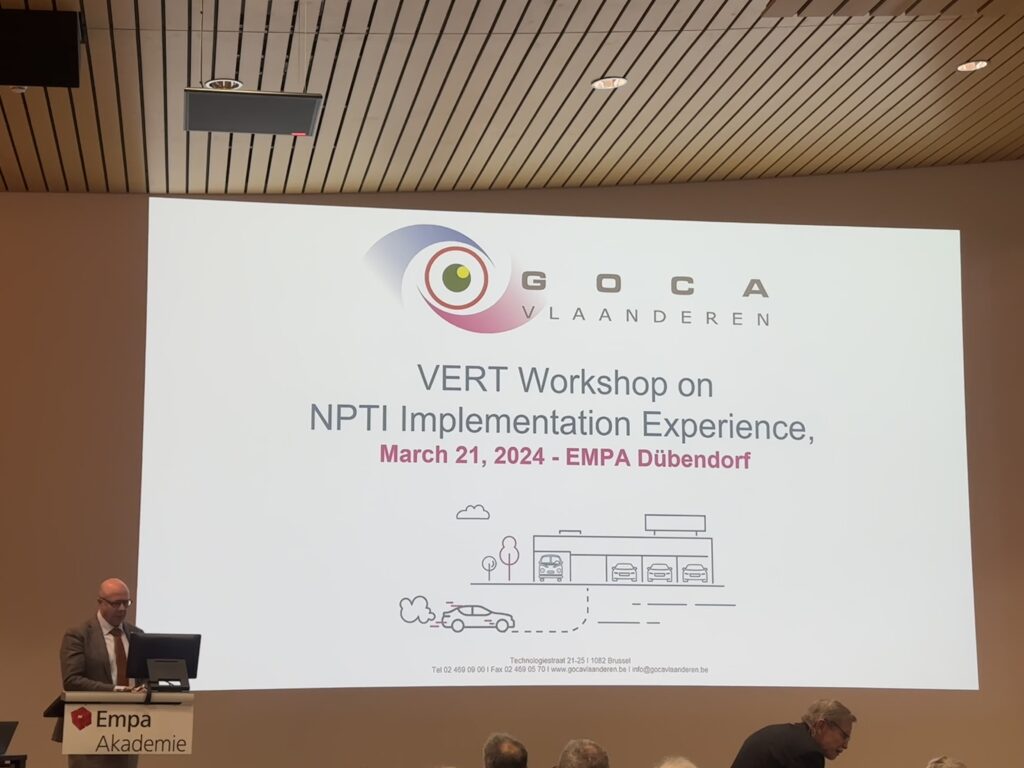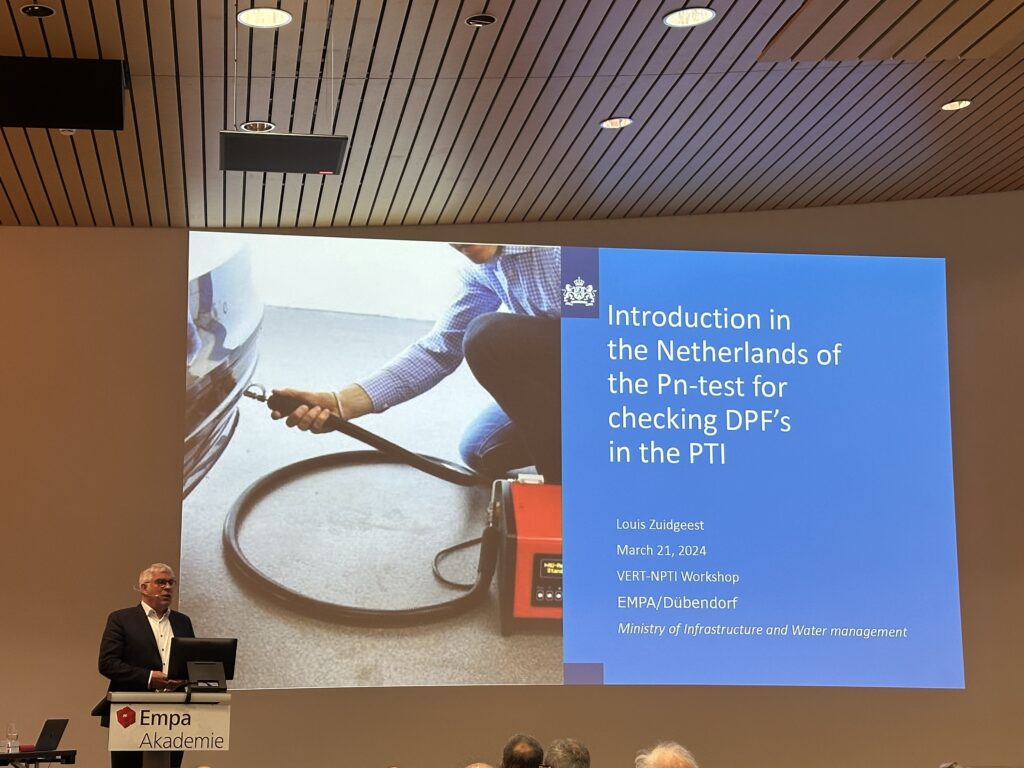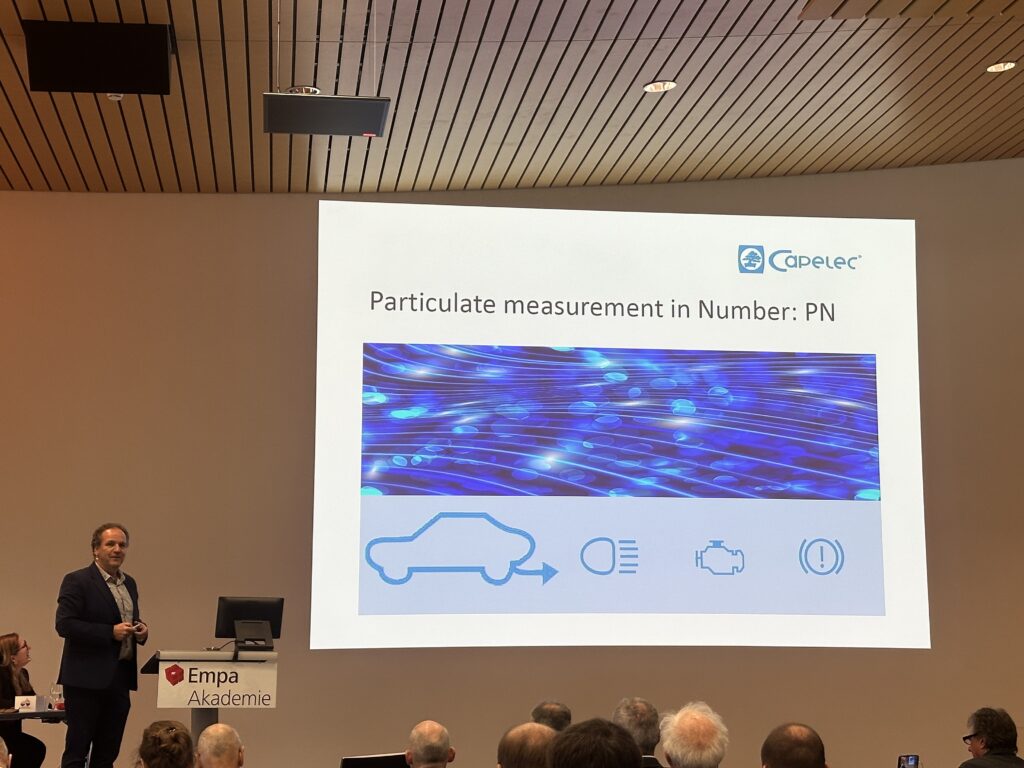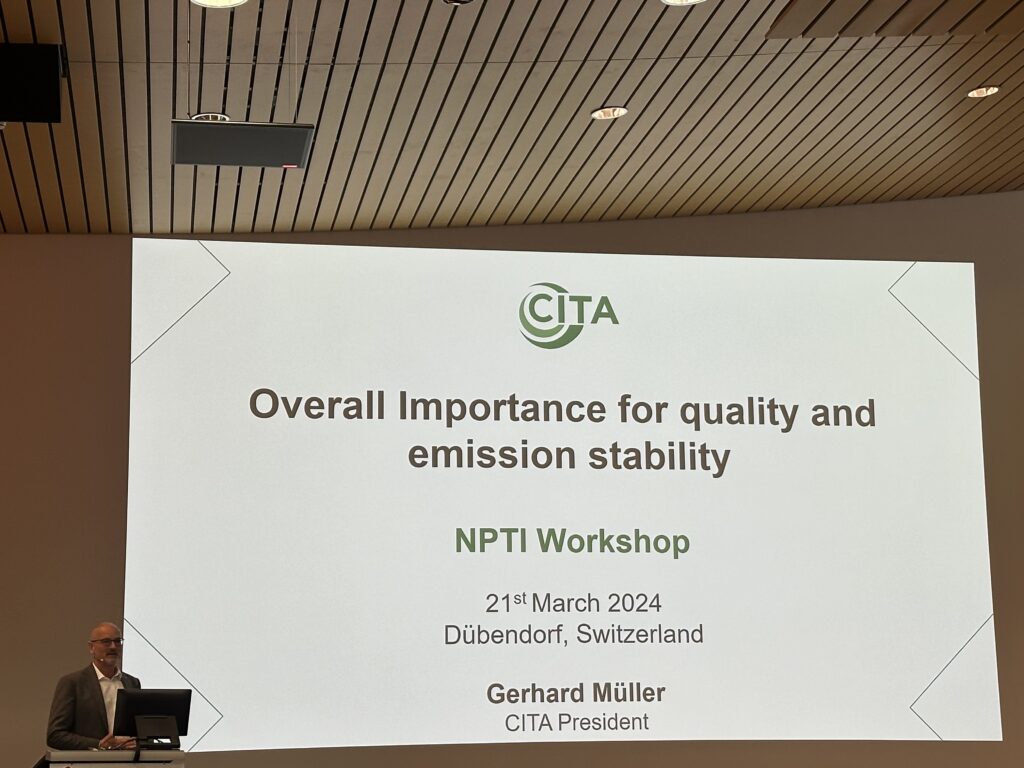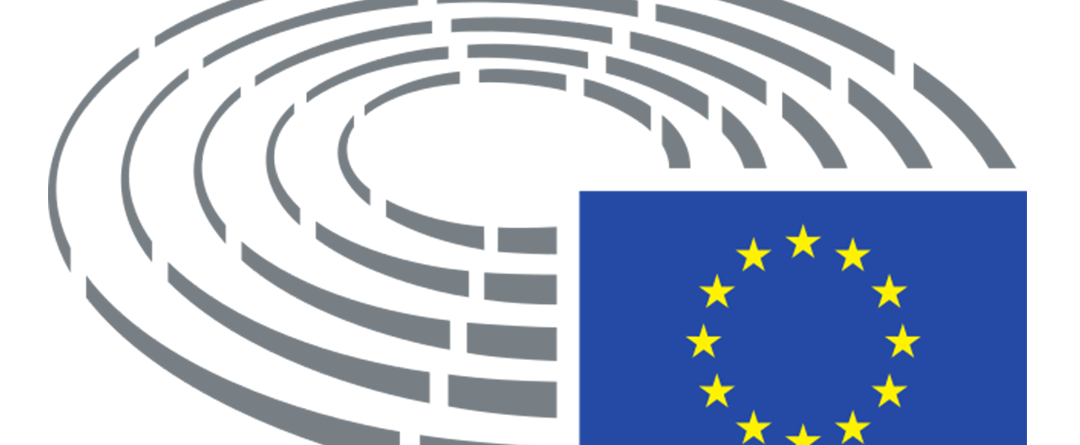Evaluating the Impact of PTI on Road Safety and Economy in Turkey (1990-2022)
The Institute for Economic Research and Consulting GmbH recently published a detailed study evaluating the efficacy of Periodic Technical Inspections (PTI) on road safety and economic outcomes in Turkey, covering data from 1990 to 2022. This comprehensive analysis, spearheaded by Prof. Dr. Wolfgang H. Schulz and his team, delves into the multifaceted impacts of PTIs, employing robust datasets and econometric models to provide insightful conclusions.
Aim and Scope / The primary objective of the study is to ascertain the effectiveness of PTIs in enhancing road safety and mitigating economic losses associated with traffic accidents in Turkey. By leveraging extensive datasets and various analytical methods, the study offers a thorough examination of how periodic vehicle inspections contribute to reducing road accidents and improving economic outcomes.
Methodology / The study employs four distinct methods to evaluate the impact of PTIs:
- Literature Analysis: A comprehensive review of existing research on the relationship between vehicle inspections and road safety.
- Visual Analysis: Examination of trend developments over time to identify any significant changes.
- Autoregressive Processes: Analysis to detect patterns and shifts in the data.
- Chow Test: Statistical verification of structural breaks in the dataset, particularly around significant policy changes such as the introduction of PTIs in 2008.
Key Findings / The study's literature analysis reveals a generally positive correlation between PTIs and improved road safety. Significant reductions in accidents and fatalities have been observed in regions implementing stringent vehicle inspection regimes. Notably, the analysis of PTI implementation in Turkey indicates a structural break in 2008, suggesting that the introduction of PTIs significantly altered the trajectory of road safety metrics. On average, the share of deaths related to fatal accidents is 0.03766. With this, 5,033 deaths could be avoided. The share of injuries per fatal accident is, on average, 1.6429, which means that 219,498 injuries could be avoided.
Trend Analysis / From 1990 to 2022, the dataset provides a comprehensive overview of road traffic accidents, fatalities, and injuries in Turkey. The analysis indicates a marked reduction in fatalities and injuries post-2008, despite an initial increase in the number of accidents. This paradoxical trend underscores the efficacy of PTIs in mitigating the severity of accidents.
Economic Impact / The economic analysis within the study highlights significant cost savings attributed to the implementation of PTIs. The average annual savings amount to approximately 1.5 billion TL, with total savings from 2008 to 2022 estimated at 22.48 billion TL. These savings underscore the economic viability of PTIs, reinforcing their role in reducing the financial burden of road accidents on society.
Regression Analysis and Chow Test / The regression models demonstrate strong relationships between the implementation of PTIs and improvements in traffic safety. The Chow test confirms the presence of a structural break in 2008, validating the significant impact of PTIs on road safety metrics in Turkey.
Conclusions and Recommendations / The study concludes that PTIs have been highly effective in improving road safety and delivering substantial economic benefits in Turkey.
Key recommendations include:
- Enhanced PTI Frequency and Coverage: Increasing the frequency and coverage of PTIs to capture and mitigate vehicle deficiencies more effectively.
- Integration with Other Safety Measures: Incorporating PTIs into a broader road safety strategy that includes driver education, infrastructure improvements, and stricter enforcement of traffic laws.
- Longitudinal Studies: Conducting further research to track the long-term effects of PTIs on road safety and economic factors.
- Comparative Analysis: Benchmarking Türkiye's PTI practices against other countries with similar traffic conditions to refine and improve inspection protocols.
- Policy Adaptation: Updating PTI criteria and techniques to address new safety challenges and technological advancements in automotive design.
Future Implications / The success of the PTI program in Turkey suggests its continued importance in maintaining and enhancing road safety. Ongoing adaptation and integration with other safety measures will be crucial in sustaining and building on the improvements achieved thus far.
For more detailed information, the full study can be downloaded here.

